How a young stroke survivor overcame an extreme challenge and reclaimed her life
Hi, I’m Abbie. You may have seen me blissfully flowing from Mountain Pose to Shavasana in Dustienne’s yoga video series thanks to her gentle guidance. It’s nice to meet you! I’m thrilled to share a story that moves me. Having gone thru two hip surgeries, I remember what it’s like to need inspiration when I feel like I’m just not getting better.
It’s a story about physical adversity, courage, and happiness. It’s a story about Julie Tomaino.
You have to know her story, not just because Julie is super accomplished as a Radio City Rockette, musical theatre performer, and director/choreographer. Or because she choreographed Idina Menzel in the TV movie Beaches. Yep, the original Elphaba in Broadway’s Wicked and Elsa from the movie Frozen called her “boss” for a couple days as they learned the choreography for their characters. (So cool!)
It’s because Julie faced a life event that threatened to take away what she loves. And she said, I got this.
Almost two years ago, Julie had a stroke.
Sitting in the hospital after what would be her final trip to the ER, she could hear and understand everything going on around her. But she couldn’t react. In fact, she didn’t have a reaction to anything for a week.
She had lost the ability to speak and move.
Julie had no way to communicate, leaving her family to try to answer the unanswerable. Did she hear them? Would she ever talk or walk again? Was she scared?
Surprisingly, Julie was calm and very present.
“I can tell you it was totally blissful. I wasn’t frustrated, I wasn’t scared, I wasn’t anything. It was just present moment only… I say this and I mean it—I slept a lot, I was tired a lot, but I was not worried at all. I knew I would talk again. I knew I would move again.”
That inner faith played a starring role in her recovery.
She spent three and a half weeks in acute care, where she gradually regained the ability to speak and move. It was no easy ride:muscle pain, stiffness, soreness, and fatigue were daily challenges.
But by the three-week mark she was feeling pretty good. It was time to advance to the Toronto Rehabilitation Institute.
It was at the Toronto Rehabilitation Institute that her speech therapist asked the million-dollar question: “Do you have any physical goals that you want to achieve before getting out of here?”
Julie asserted, “Actually, I would like to choreograph a number if it’s possible.”
Julie needed to find a way to get back to what brought her consummate joy: choreographing.
And she had just the right team of people to do it.
In that instant, the rehab team became the cast of We Will Rock You, featuring her physiotherapist, rehab therapist, occupational and physiotherapy assistant, registered nurse, speech-language pathologist, and occupational therapist.
Though this was totally unconventional for the team and not many had ever danced before, they excitedly took on the challenge. They were all inspired to see a patient take hold of their recovery like that.
As she set the energetic and rhythmic Queen rock number, Julie’s “cast” coached her through the process and made every aspect of the show part of her therapy.
Her occupational therapy was helping with set design, cutting out foil guitars. Her physiotherapy incorporated “dancer” exercises built around balance. Her speech therapy was directing the dancers, coupled with individual coaching.
This proved to be the most intimidating part, and it challenged her confidence:
“I imagined I still had the creativity, because that part of my brain wasn’t affected, and I could still visualize things when I heard music. Just communicating it. My speech was heavily affected at first.”
With an encouraging and patient group of therapists who were actually nervous too (!), she found herself in a safe space. Julie got more and more confident as the weeks went on and after three weeks of rehearsals, the big performance finally arrived. It was a culmination of creativity, drive, courage, vulnerability and hard work.
It was Julie’s proudest recovery moment:
“There’s a moment in ‘We Will Rock You’ where there’s a buildup and explosion. I really like to construct movement to make the audience feel something – whether it’s leaning over on the edge of their seat, or feeling so excited that they cheer, or feeling like you punched them in the gut… When it happened in the performance, the audience cheered so loud! That proved to me that I could still do what I loved and the way I loved to do it – with such communication to the audience.”
The performance drew out patients and staff from all over the Institute, including a woman who rarely left her room. They were all cheering for Julie, the rehab team, and the journey they’d taken together. They cheered for the courage it took for everyone to achieve that moment.
I don’t know about you, but I feel like cheering too! Now you may be thinking, wait, but what if I don’t feel like a rock star? What if I’m not superman or superwoman with super-talents? What if I’m not “creative”?
In the most important ways, Julie is just like you. And there is so much more to her journey, like overcoming “why me” moments and finding support. Through our Q&A, she shared how grief became a helpful companion, the key to successful rehab, and how to face physical adversity and still do what you love.
Abbie: Did you have a “rock bottom” moment, one where you felt it would never get better?
Julie: It wasn’t necessarily rock bottom, but it was a ‘why me’ moment. Why did this happen to me, you know? I looked for that answer for a long time. I was thinking at first about everyone else moving on with their lives and I was learning how to hold a spoon again and brush my teeth…and I was just like, aaahh this is so frustrating! But ultimately I had good friends to talk to through those moments and my husband and my family.
They say that stroke patients often have depression after they have a stroke because there’s grieving to do. So I wanted to let myself grieve and cry about everything that was a loss essentially.
Abbie: How did you know to do that?
Julie: I talked to a couple people. There was a spiritual care person at the rehab center. There were also quite a few patients at the rehab center who were stroke survivors, who basically volunteered to come in and talk to people as they were processing their stroke and what happened. Through those people and a personal therapist, they helped me understand you have to grieve this.
I didn’t know why I was having the emotions that I was having, but I did know that I had to let them out. And I would feel better if I just expressed what I was feeling in the moment.
Abbie: Wow, it seems like you won part of the fight by letting go of the fight. Simple but powerful stuff. Aside from those support systems, is there anything else that gave you hope?
Julie: I have to say personal stories. I met with a lot of stroke survivors in the hospital and they would come in and share their stories. And every single person was so different and every single person had something to offer. After I posted my story on Facebook, several people reached out and were like ‘I know this person who had a stroke’ or ‘my husband had a stroke.’ And some were younger, which is what I was looking for. Although I made a lot of older friends in the hospital, I was looking for someone younger to relate to because we have different concerns.
My social worker gave me a book: A Young Stroke Survivor’s Handbook. And that shared a lot of stories in it, and I found those all very hopeful and helpful.
Hearing that you’re not alone is exactly what helps.
Abbie: And it’s so easy to feel alone, right? When we’re in pain, it seems like we’re the only ones in the world navigating it. When you think back, what do you think made your rehab a success?
Julie: The team behind the rehab, and the idea that I wanted to achieve that goal inpatient, and my motivation and drive to do something meaningful – all that together became magical. I think it was the team that pushed me (quite hard) but they cheered for me along the way. And they believed in me so much that I didn’t and couldn’t doubt myself. In moments that I was struggling in any way, they were all there for me so much. They communicated quite a bit: each of them knew if I didn’t sleep well the night before, they knew if I cried the morning of…they knew everything. So to have such a supportive team was key.
Abbie: What would you like rehab professionals to understand from a patient perspective?
Julie: The more meaningful the rehab, the more motivated the patient will be. The meaningful part for me was that I was gaining confidence, and I knew why I was doing everything. It wasn’t random. If you get to the core of what the patient wants to go back and do in their outside life, facilitate that in any way possible and explain why you’re doing the things you’re doing. I think that helps a lot.
Abbie: What would your advice be to someone facing physical adversity—something that’s keeping him or her from doing what they love?
Julie: Get to the root of what it is that makes you happy. For me, being happy means being creative and expressing myself, and ultimately I can do that in any form. If you find the root of what makes you happy, you can facilitate it in a variety of ways.
You don’t really know what will help and what will work. You just have to keep looking for things that support you. I meditate every day right now.It helps me and it keeps me calm. It eases my anxiety.
When you identify so greatly with what you do, you do that. I’m an artist, and I’m an artist through and through—in every sense of the word. When that stuff is taken away from you, you’re lost essentially. For quite a bit of time. But then you slowly discover ways to still do your art.
Abbie: I can identify with that wholeheartedly. When I had hip surgery and was unable to dance (or even walk for a while) I discovered other artistic outlets like drawing and creating “videography” for friends and family. It was cool being able to connect emotionally through another medium! What’s next for you? And what dream do you hope to fulfill?
Julie: I’m off to Vancouver to direct and choreograph NEWSIES, a show I was booked to direct and choreograph (at a different theatre) the summer following my stroke. Needless to say, I had to pull out of that gig, so I’m very much looking forward to working on a show I love so much.
I have a busy schedule, but I try not to overbook myself; I build in the time for myself to regroup and prepare. I ultimately want to create space in between jobs because I feel like I do my best work that way.
I just want to be creative forever and do what I’m doing right now. And do it at higher levels and forever.
Keep on rockin’, Julie. I want to thank her for taking the time to share her inspiring and unique journey. Having the privilege of sharing a stage with her (back in 2008!) and getting to know her, I can say she is truly a remarkable person. Her authenticity and clarity about what inspires her shines onto others.
So, what’s the secret to navigating extreme challenges and reclaiming what you love? It’s first knowing what makes you happy. When you tune in to the essence of what brings your heart joy, you can find ways to bring it to life. Reach out, find your support community. Read stories. Let out all the feelings. Find your tools. Talk to people that love you. But most of all, dream. And dream in color!
Want to know more about Julie? Check out her website and featured rehab article.

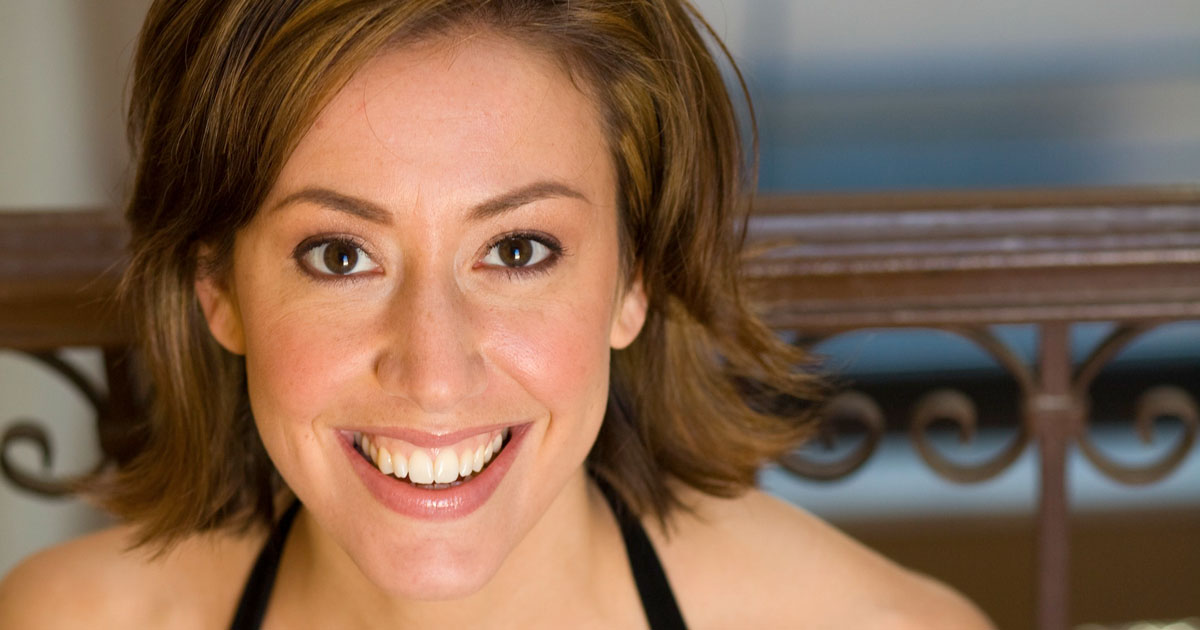
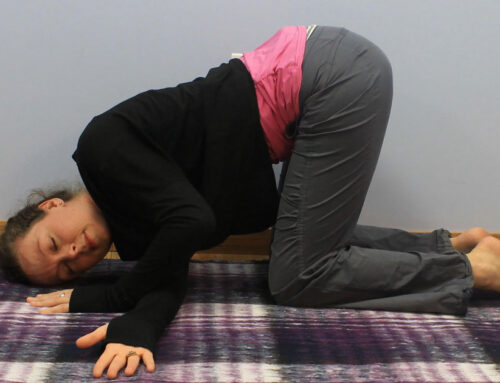
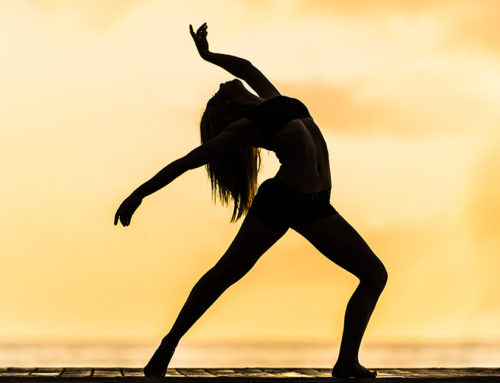
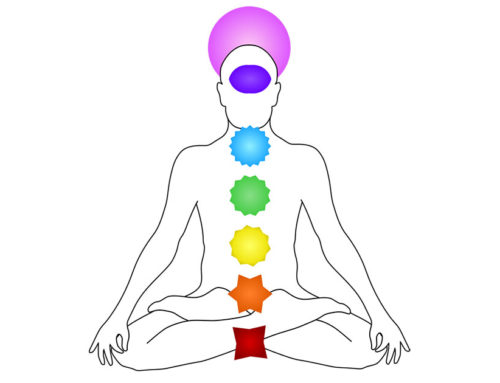

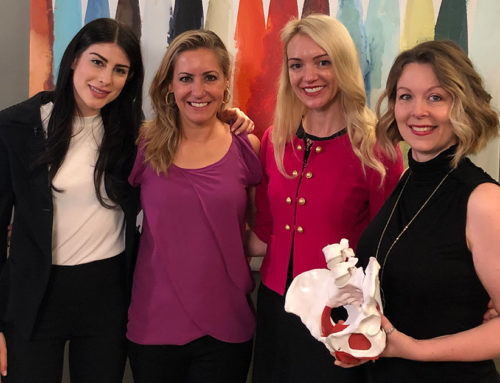
Leave A Comment